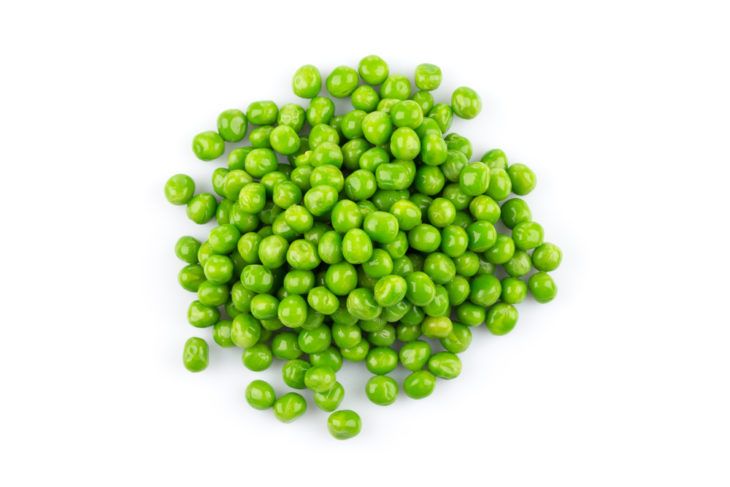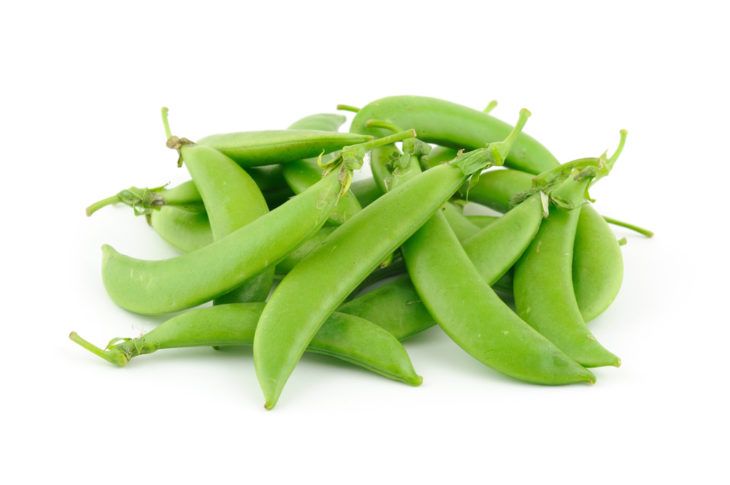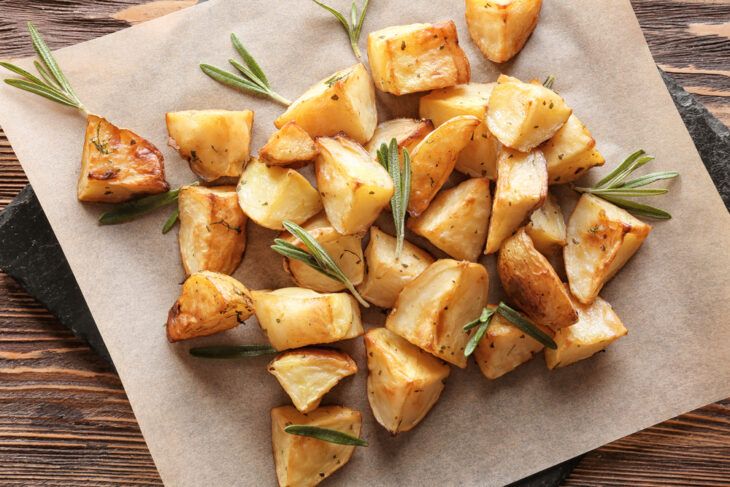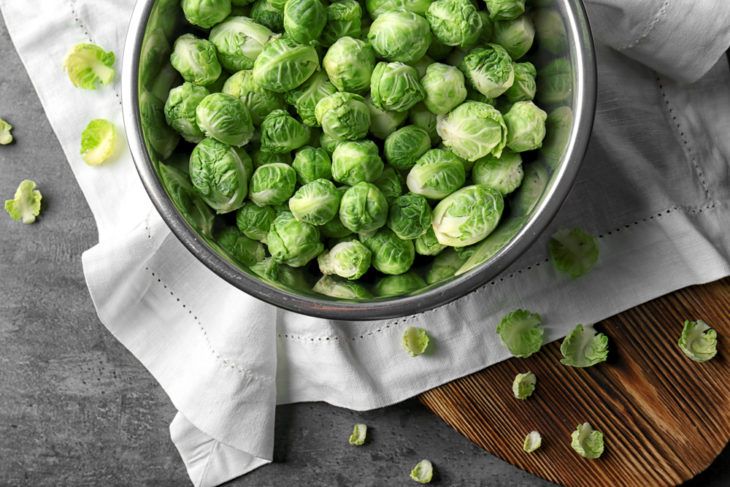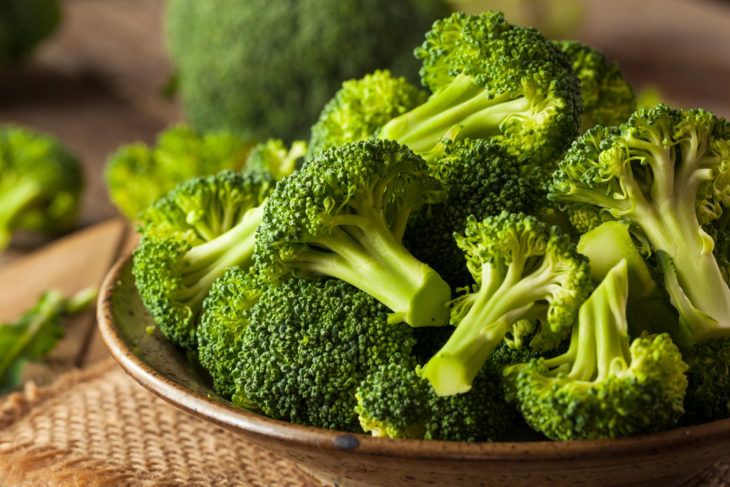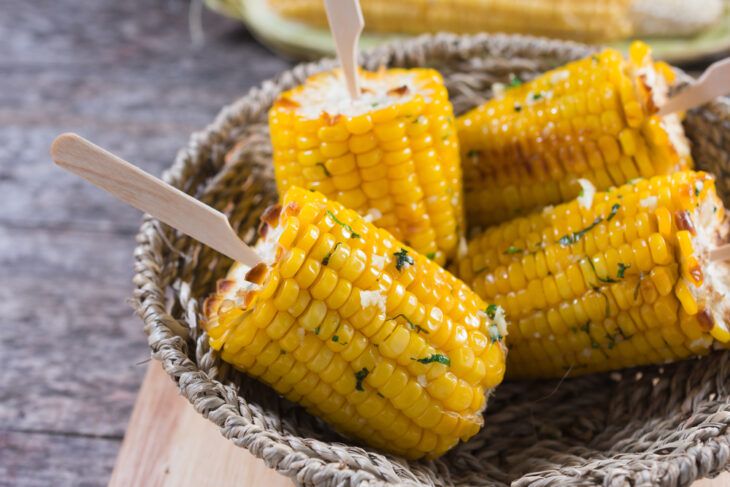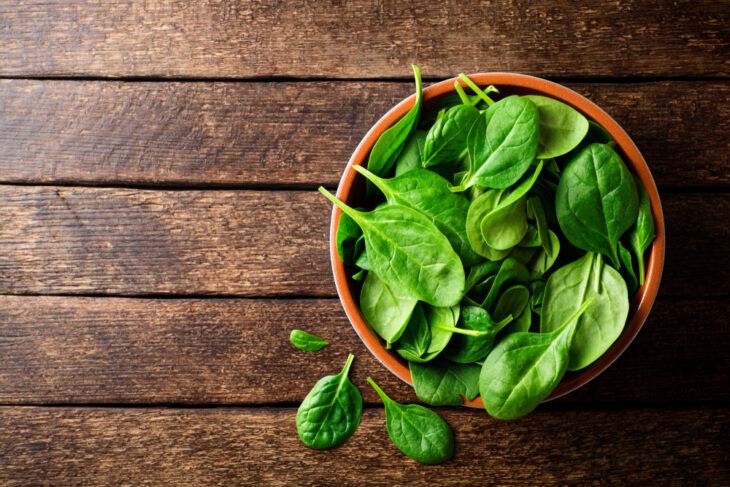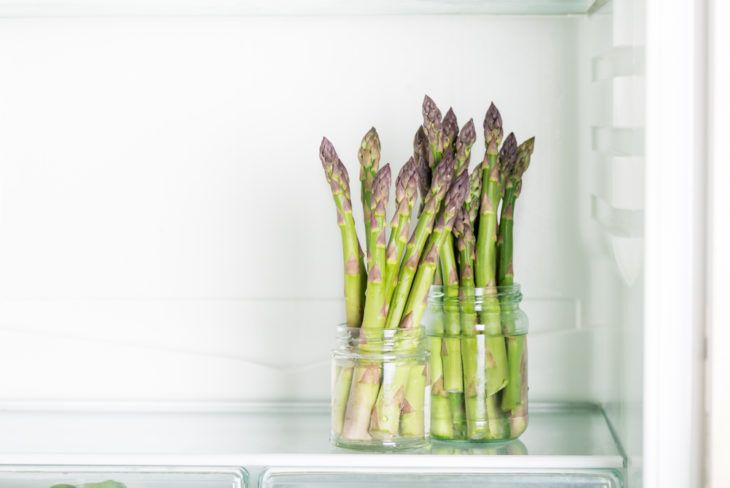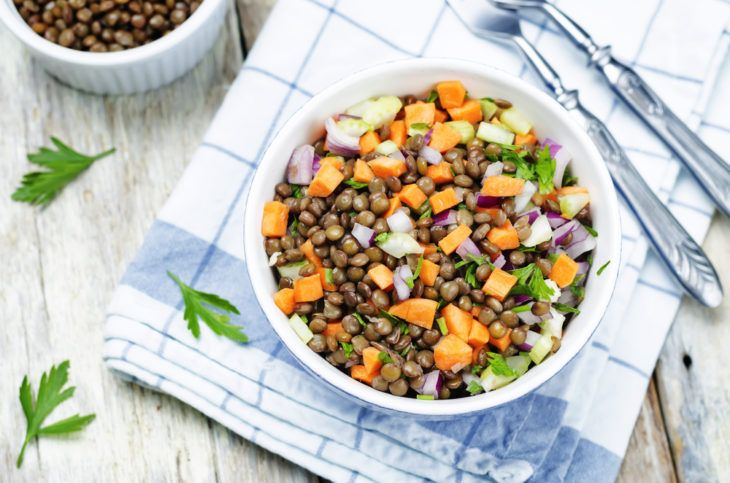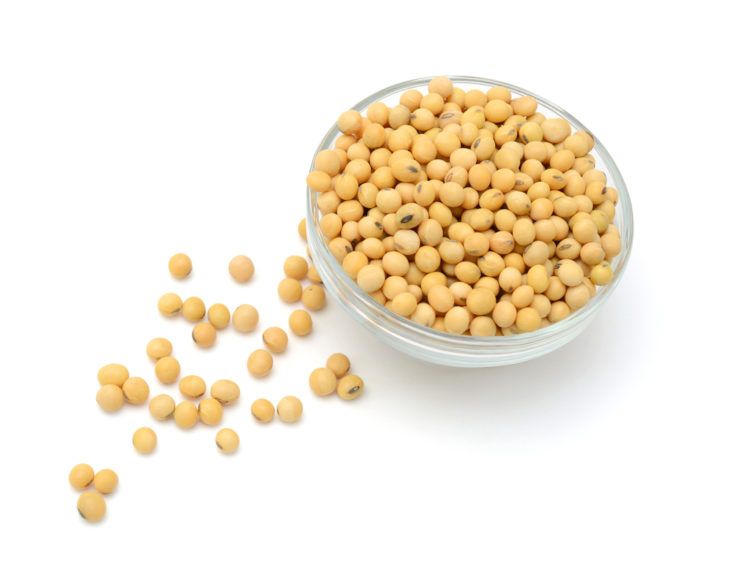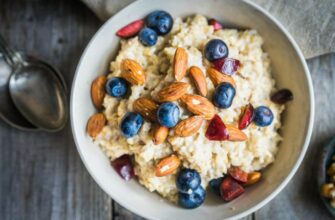Protein is an important nutrient that everyone needs. It helps you maintain muscle mass and helps your body with many important functions such as carrying oxygen throughout your body and in your blood. Protein can also help make antibodies which help fight off infections and illnesses.
In general, most people should get about 10-percent to 35-percent of their daily calories in the form of protein. This is roughly about 46 grams of protein for women and about 56 grams of protein for men per day. When you think of protein, different types of meat like chicken or steak probably come to mind. However, if you’re not a big meat eater, or if you are looking for more plant-based foods, there are plenty of other options available to help you get the recommended amount you need. Here are the best high-protein vegetables you should be eating!
Green Peas
Protein: about 8 grams per cup
Peas are a versatile vegetable that can be served as a side dish or added to many different recipes. The good news is that adding just 1-cup of cooked peas can add a whopping 8-grams of protein to your daily intake.
Peas are also chock full of other beneficial nutrients. For example, they’re a great source of vitamin A, vitamin C, vitamin K, and fiber.
Sugar Snap Peas
Protein: about 4 grams per cup
While snap peas don’t offer quite as much protein as green peas, they still offer a generous amount — roughly 4 grams per 1-cup serving. They also provide a variety of vitamins, minerals, and antioxidants which are important for your health. More specifically, snap peas are rich in vitamin C, vitamin K, beta-carotene, potassium, and fiber.
This fresh vegetable is also versatile. Many people enjoy them raw on their own or with hummus or other dips. They also make great additions to stir-fry as well as many other dishes too.
Potatoes
Protein: about 4 grams per medium baked potato
Potatoes are a staple in most homes and they are versatile too. You can enjoy them baked, mashed, steamed, or mixed into a casserole. Better yet, potatoes offer roughly 4 grams of protein per medium baked potato or 8 grams per large baked potato.
Potatoes are also a great source of vitamin B6, vitamin C, potassium, and so much more. Keep in mind, that the nutritional profile will vary based on the variety and how the potatoes are prepared. It’s also worth noting, that a generous amount of vitamins and minerals are found in the potato skin which means peeling the skin will significantly reduce the nutrient content.
Brussels Sprouts
Protein: about 4 grams per cup
Did you despise Brussels sprouts when you were younger? It might be time to give them a try again! Brussels sprouts are chock full of nutrients from fiber and folate to vitamin C, vitamin K, and vitamin A. They also offer about 4 grams of protein per 1-cup.
Many people enjoy Brussels sprouts boiled, baked, roasted, or sautéed. You can also add them to pasta, stir fry, and so much more. If you’re looking for a simple side dish, try tossing them with a splash of olive oil and a pinch of salt and pepper, and roast them in the oven until they’re crispy.
Broccoli
Protein: about 3 grams per cup
Broccoli is in the same cruciferous vegetable family as Brussels sprouts. Similarly, they offer a generous nutrient profile! For starters, broccoli offers roughly 3 grams of protein per cup.
Further, broccoli is also a great source of antioxidants, fiber, vitamin K, and more. Broccoli can be enjoyed cooked or raw. Don’t forget to eat the stalk as it contains just as many nutrients as the florets!
Corn
Protein: about 5 grams per cup
Nothing quite beats fresh corn on the cob. And now you can chow down knowing that it offers not only protein but other essential nutrients that can benefit your health.
Firstly, 1-cup of cooked sweet yellow corn offers about 5 grams of protein. It’s also a good source of fiber which is great for your digestion and it also contains B vitamins and essential minerals. Enjoy fresh corn on the cob in the summer or use frozen corn year-round in a variety of recipes!
Spinach
Protein: about 5 grams per 1-cup cooked, or 2.9 grams per 100 grams raw.
It’s no secret that spinach is a nutritionally-dense vegetable. But did you know you can get about 5 grams of protein in just 1-cup of cooked spinach? If you prefer to eat it raw, it offers roughly 2.9 grams of protein per 100 grams (just over 3-cups).
In addition to protein, the leafy green vegetable is loaded with other nutrients like calcium, folic acid, iron, fiber, and vitamins. You can eat it raw in a salad, add it to many cooked dishes or mix it in a smoothie — the options are endless!
Asparagus
Protein: about 4 grams per cup
Asparagus has an impressive nutrient profile and as a bonus, they’re very low in calories! For starters, just 1-cup of asparagus offers about 4 grams of protein and is only 40 calories.
They’re also a good source of fiber, vitamin C, vitamin A, vitamin K, and so much more. Not only are they nutritious, but it’s easy to incorporate them into your diet. You can cook asparagus by steaming, boiling, grilling, roasting, and sautéing. To pick the best asparagus, you’ll want to look for firm stems and tight, closed tips.
Lentils
Protein: about 18 grams per cup
The last two foods on our list aren’t technically a vegetable, they belong in the legume family. That said, they are both versatile, inexpensive, and an excellent source of vegetarian-friendly protein which is worth sharing.
Just 1-cup of cooked lentils has a whopping 18 grams of protein. Lentils are also a great source of iron, magnesium, potassium, zinc, and B vitamins. Finally, lentils can be added to many different dishes. You can even cook them mushrooms and onions to create a meat-like texture. The options are endless!
Soybeans
Protein: about 29 grams per cup
Many other legumes are great sources of vegetarian protein but soybeans really stand out. Just 1-cup of cooked soybeans contains about 29 grams of protein!
Soybeans are also a great source of fiber, vitamin K, as well as many other vitamins and minerals. Just like other legumes, soybeans can be effortlessly added into a variety of dishes from salads to curries, and so much more.

 Home
Home Health
Health Diet & Nutrition
Diet & Nutrition Living Well
Living Well More
More